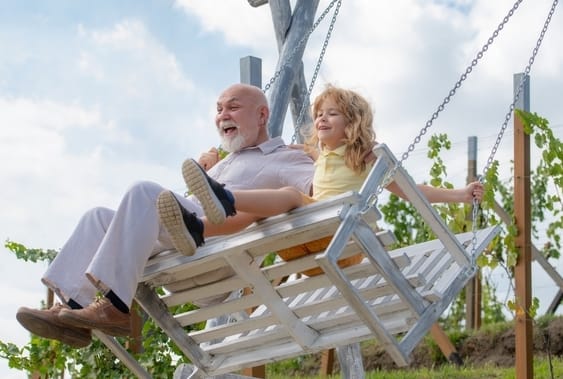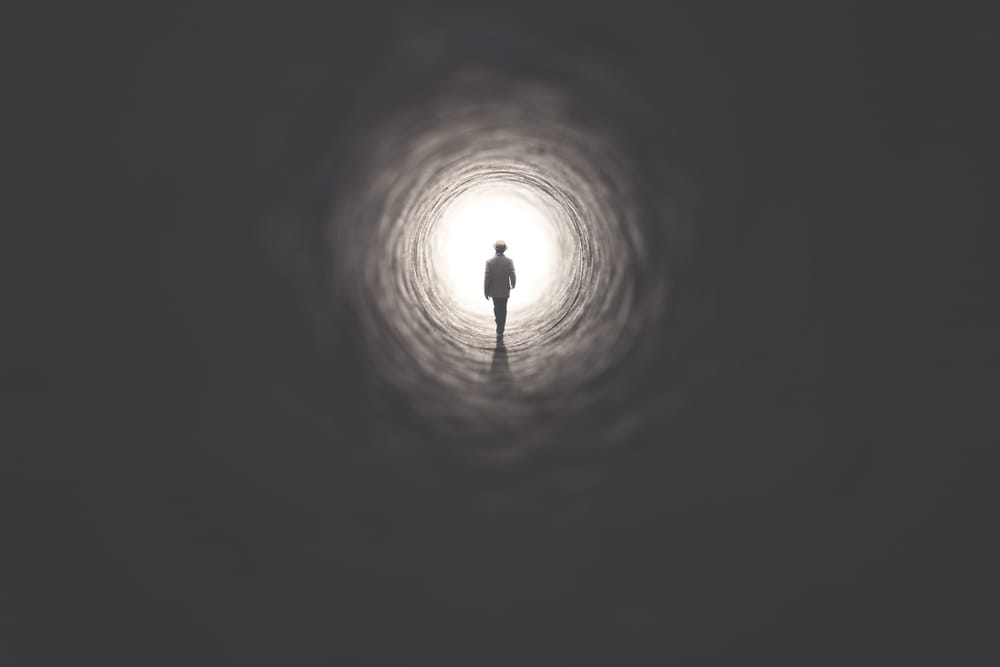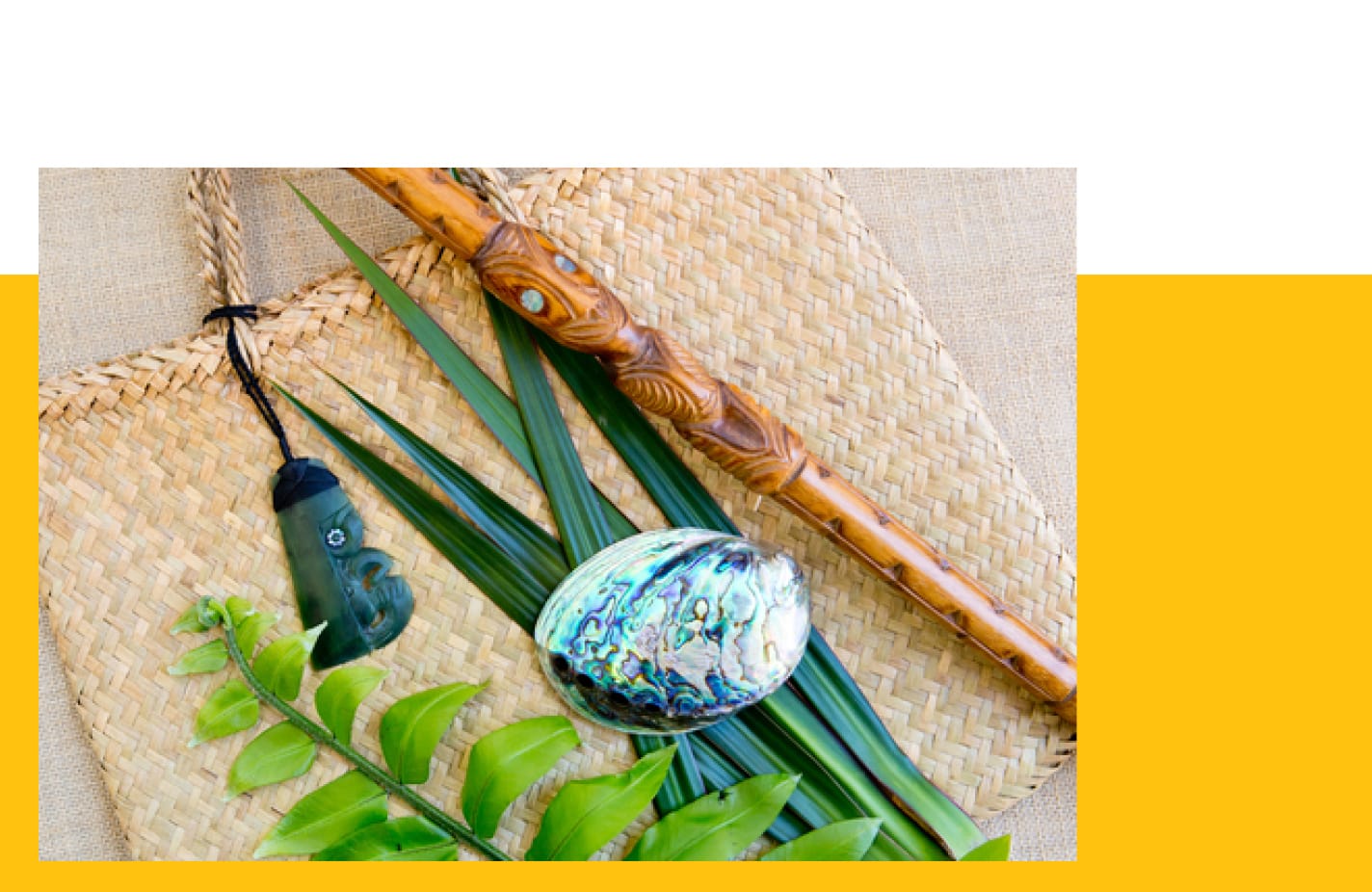
Post work reinvention: Recovery for adults?
Reflecting on the transition from a life structured by work to one defined by autonomy, I’m caught between nostalgia and anticipation. The notion of work as both a necessity and a habit is deeply ingrained, and the prospect of unstructured days provokes both excitement and unease. It is a peculiar liminality—neither tethered to routine nor entirely free from its echoes.
Purpose and fulfilment, critical to our mental health and wellbeing.
In this new life chapter, the boundaries between leisure and obligation begin to blur, inviting questions about purpose and fulfilment – so critical to our mental health and wellbeing.
Like many I hadn’t given a great amount of serious thought to ending work (I’ve decided that “retirement” is a dreadful proposition, and so avoid the word!). As a marker for “the final chapters” in our lives, I was in no great rush to make the transition. However, circumstances (ie. paying the price of a leaky building) also made delaying that transition a requirement.
Get in early
There is a very good chance that we will live nearly a third of our lives after ending work. And really, what a gift that is! It’s now 18 months and yes, things have changed. Not as a result of a dramatic or unexpected events, but because, well, “that’s life” – and has been that way for nearly 70 years !
I ended work with a sense of immense sadness and relief. The last 3 months were in fact and by far, the worst of the previous 20 years. A reality I struggled to move on from; but I had too. So, on the following Monday it felt like a holiday. I got out of bed when I felt like it, I had no plan for the day. I could do what I felt like doing – all day, all week... This was my choice now!
That said, I soon discovered a pinge of anxiety; guilt even. It was as though, at any moment, I was going to “get caught” doing nothing. It’s a curious, quite bewildering psychology that predicates guilt about not feeling guilty about doing nothing but enjoying life!
Obligation to keep busy, to add value to each day through honest toil, industry and achievement were evidence of a (successfully) hegemonic, presbyterian upbringing. The importance of structure and obligation to each day, to each week, were clearly deeply embedded in me; a compounding legacy of the previous 50 plus years.
I had left behind a time where my days and weeks were concisely described and mapped out ahead for me. Then, all I needed to do was prepare and turn up. Now my new reality provided me with the gift of all my time and choice. It was daunting; a new and very unfamiliar responsiblity and, unexpectedly, something of a challenge to my mental wellbeing.
Certainly for most of this first 18 months or so, I’ve found it very easy to keep busy enough, but at times it has felt more like a facsimile of busy-ness for the sake of it. It was busy-ness that seemed lacking in significance or value. When I was working I knew very well what success, achievement and progress felt like. Those markers no longer exist so clearly anymore now.
Why are we here anyway?
What has constantly simmered, mostly just below the surface, but did at times bubble to the top has been a more overt awareness of my being in the world. I have felt, in varying degrees, a sense of loss of identity, relevance; of having something meaningful to contribute.
The loss of routine
The loss of routine has been something I’ve experienced more “after the fact” - usually a day which did not feel as productive as was planned. I remember my absolute frustration last year at taking all day to complete an outside job that, when I was farming in my 30s, would have taken 30 minutes - tops! I do feel an increased sense of urgency; time can’t be taken for granted. I have banned myself from speaking about “one day”; if I can’t name the day, it’s just wasteful day-dreaming!
Loss of workplace relationships
The most profound loss however, particularly for a confessed introvert, is a surprise. It is relationships. For all my 50 years working, it was as if people were “provided” as a part of the work environment. They were there to be seen and heard – face to face, walking around in the back ground, at the end of an email message or at the end of the phone. That stopped immediately when I left the building. I have kept in touch with a few; but am becoming aware of a distance that grows through lack of proximity, currency, diminishing shared interests, and usefulness.
I can either revert to type and my natural reclusive tendencies, or make an effort and get out more (even typing the second option feels daunting!).
I’ve read that these “losses” are a common experience; identity, routine, work relationships, sense of purpose, meaning, the loss of status / power we unconsciously covet during our careers. All of a sudden, they’re gone – and rarely do we see it coming!.
This can be incredibly traumatic and completely disorienting. And it’s serious. I have felt loss and felt lost! I’ve felt lonely. The depression and self-torment are very real, and are not at all expected; they contrast with a preferred image of an age where legacy, wisdom, reflection and experience are represented; a benefactor to subsequent generations.
Sooner or later, (and thankfully) there comes the gift of a realisation “This is not how a life should be lived…”. And this is where our new sense of “freedom”, of experience, maturity and possibility kick in. “How can I make life more meaningful again… to be relevant and contribute something…?”
We all know, the possibilities are in fact endless! The barriers are usually self-imposed, and self-fulfilling. I know I can’t aim to once again run 100m in less than 12 seconds (could I?!), run Round the Bays, or wrestle a 12 month steer… My doctor rubbed this in recently when completing the ACC form after hyper-extending my arm during sheep drenching; he stated the cause of injury as “Fighting sheep…”. Talk about adding insult to injury!
Vanity, even on an older head, can still produce all sorts of foolishness!
I remember re-booting my soccer career in my late 30s. For the next 15 years my greatest challenge, every single weekend, was dealing with the fact that (while my head knew what I should be doing) my body wouldn’t allow me to play like I did when I was 20. Likewise, when I tried to play a cornet, again in my 50s, I remembered precisely how to use it, I just couldn’t manage enough sustained puff. Last year I started playing guitar again, only to find that my fingers were no longer able to dance across the frets; only stumble and creak… I want to draw and paint (as I loved to – prodigiously in my teens) but fear the deep disappointment that might envelope me if I have lost that gift…
Things change
Meaning, purpose, confusion and frustration, joy and pain, delight and sorrow and sadness, wonder… are all still there in the mix of life – as they have always been to date. The mechanisms and circumstances by which I experience these differ – and again, as has been the case throughout life. I know this stuff!
I never had 4 grand-daughters when I was 25, but I couldn’t imagine life without them now!
I’ve read some writers who present the above as “stages of retirement” that we tend to move through over time.:
- hedonistic indulgence,
- over reflection, guilt, lost and loss,
- re-learning / restoring / re-aligning,
- a satisfying equanimity and acceptance)
Old struggles, new age
The first few years were clearly mapped out - usually by our parents; good job, wife, house, children, home... (And this was definitely not a linear experience!!) This “map” eventually gave way to a deafening and troubling silence. As the kids got older, then left home, then grew their own home and family, our own purpose seemed vague, doubtful, even optional. A life with more choices was wonderful to drunkenly agonise over; a time to indulge in existential debauchery, while plastering over any hints of an emerging existential void.
Work and responsibilities provided an essential platform here – and for myself a source of meaning, purpose and fulfilment. But towards the end, this didn’t always feel the most comfortable, authentic place when it was subjected to only the most modest reflection. For myself, I think I would try to medicate this through achievement. But “what next?” was emerging as a chronic tension. But as John Lennon once said: “Life is what happens while you’re planning other things.”
The next generation is good for our mental wellbeing
Grandchildren came along; a wonderful relief. This was purpose and responsibility that fed the soul (though beautifully contingent); value, love and fun – and more fun!. Especially those first years (0-12) of their lives were (and still are) years of absolute indulgence. We could be the “parents” we always wanted to be; all the fun and delight without the sleepless nights, the tantrums, the struggles with doubt (am I a good enough father/mother?).
As the years passed I then came to wonder “is this fair on our grand-daughters...?” did they sign up for the role of providing such signficant purpose in our lives? Then of course is the close corollary, “Is this fair on our children...”? While we always love to see them, I’m aware that we’re always looking behind them to make sure that they brought our source / hit of instant delight!
Even when my mother in law was undertaking the business of passing away, as much as she loved all who came to vist her, her eyes would sparkle again and she would gain a new lease of life for a few more weeks when “the moko” arrived. The joy and life they left behind was just that infectious and potent!
In fact the greatest lesson my granddaughters have shared (echoing Steve Jobs no less) is that life is about creating and then living experiences that are also worth sharing (Is this then schooled out of them? A discussion for the future…). For some of us (the writer included), some lessons do come late - and from the most unexpected places! But when was life ever anything less than oracular and ambiguous…?


